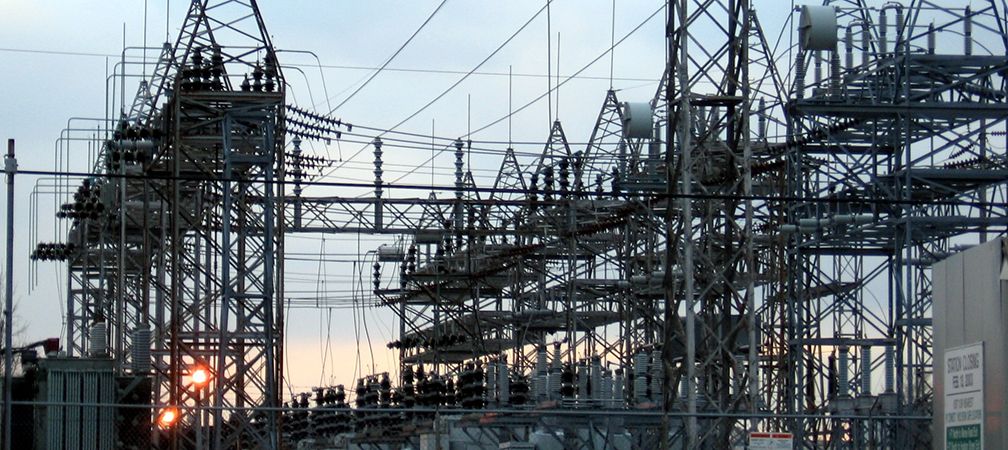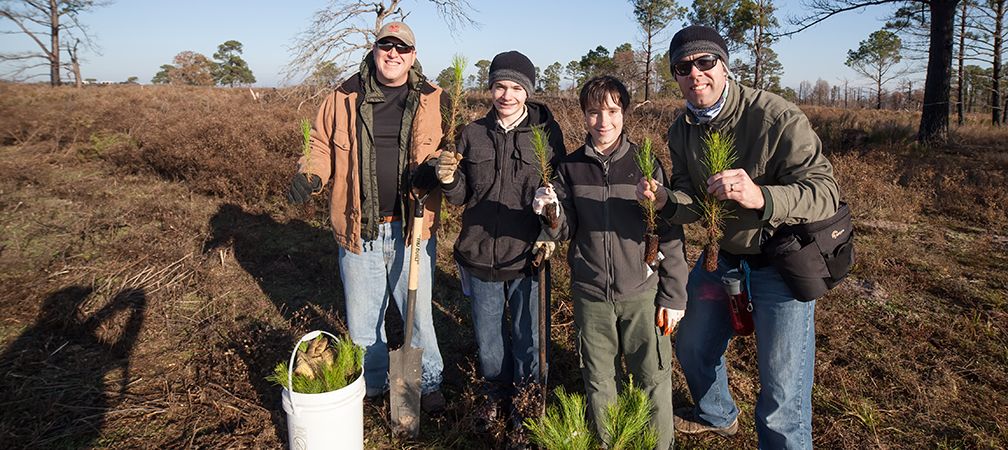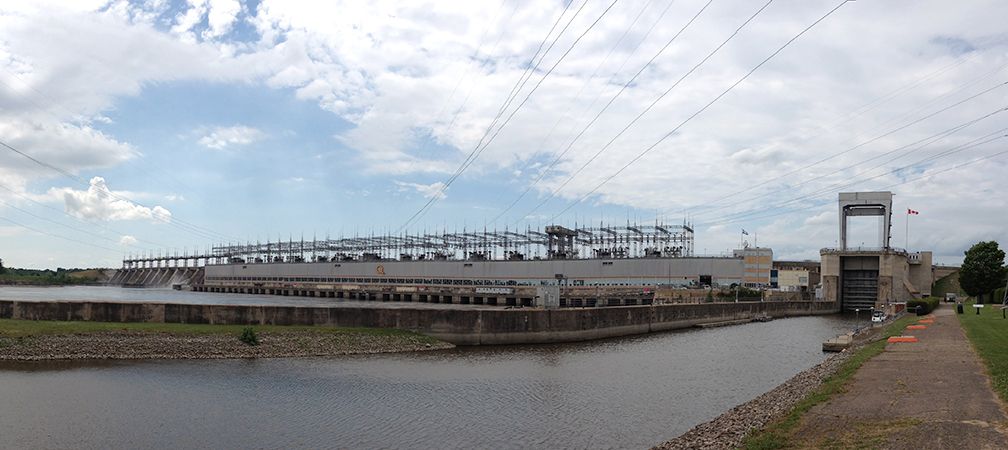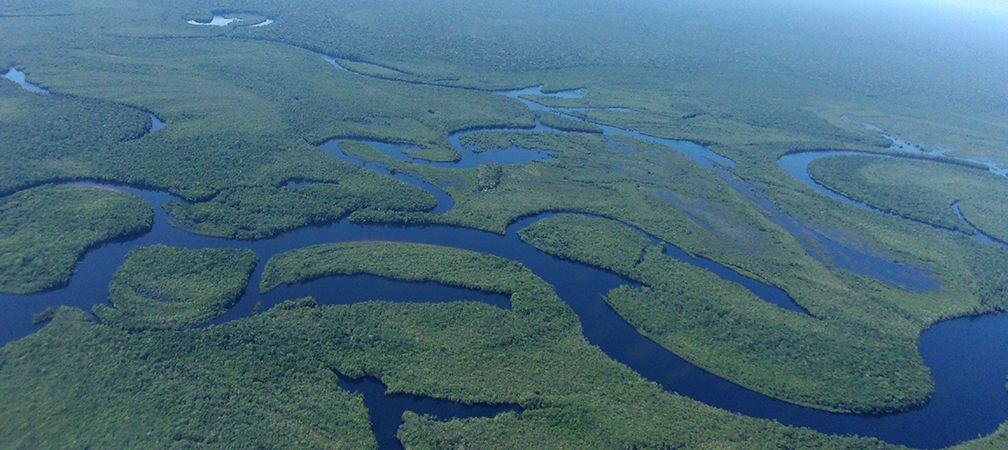Ontario Nature Blog
Receive email alerts about breaking conservation
and environmental news.
© Lora Denis
© Sam / Unsplash
Our planet’s natural environment is under unprecedented stress. The good news is that you can help restore a healthy planet by reducing your environmental footprint, and we’re here to help you. This blog is part of a series that will help you go #GreenStepByStep. Subscribe to our blog to follow along!
From newspapers to conferences to medical appointments, so many aspects of our lives have permanently shifted online. Sometimes, it has been done in the name of going green, by avoiding unnecessary travel, saving trees from being munched into junk mail, and so on.
Still, there is a steep ecological price tag for using the internet, due to the staggering amount of electricity required for it to function. Yet, there are steps you can take to reduce your digital carbon footprint.
Take internet searches. Each Google search is the equivalent of 0.3 watts hours of electricity, which doesn’t sound like much, but with some 8.5 billion searches a day, it adds up quickly.

There are several search engines that purport to be “green” or otherwise eco-friendly. Here are four of them:
A German-based search engine, Ecosia operates from the simple premise: with each search, Ecosia generates revenue via advertising. A portion of this revenue is then used to purchase trees, which are planted around the world. Ecosia says they have already planted more than 150,000,000 trees across 16 countries.
Ecosia, like DuckDuckGo and Yahoo, uses Bing’s technology to facilitate search inquiries, ensuring that users receive high quality results. Bing is also CO2 neutral.
Ecosia publishes monthly financial reports that document their tree-planting efforts to date. According to their most recent report, Ecosia donated 80 percent of their advertising revenue to planting trees.

Like the search engines above, Ekoru donates a portion of their advertising revenue to environmental causes. They also go a step further by powering their servers with energy sourced from a hydroelectric dam in Quebec.
Ekoru has also “optimized” their software code so that it uses as little data as possible. In the age of unlimited data plans, this may seem like trifle, but it takes an estimated 0.015 kWh to transmit a gigabyte of data. Every bit of data saved conserves energy and keeps harmful CO2 emissions out of our environment. Thanks to these measures, a search inquiry on Ekoru generates 4.4g less of CO2 than one on Google.

Lilo donates 50 percent of their advertising revenue to environmental causes. So far, Lilo says they have donated over six million dollars CAD to causes ranging from the protection of endangered species to preventing the deforestation of the Amazon.
Lilo has designed their interface so that users have the option to toggle between their “classic” search and features they don’t offer but Google does, like images or maps. The downside is that if users opt for the latter, none of their activity contributes to Lilo’s advertising revenue.

Like Lilo, Rapusia donates 50 percent of their advertising revenue to environmental and social projects. Rapusia estimates that someone who uses Rapusia for a year will generate about $20 CAD.
As of writing, Rapusia has logged just under two million searches. Rapusia, like Ecosia, claims to publish monthly financial reports but, so far, have not done so. It is not clear whether Rapusia uses their own indexing technology or if they use another’s, like Ecosia.
None of these search engines will, in and of themselves, solve the climate crisis. Nevertheless, they show how even the smallest actions impact our environment, for good and bad.
Please share this blog

Gananoque Lake Nature Reserve © Smera Sukumar
I believe in using less energy and lowering my carbon footprint, but I remain unconvinced that I should use search engines that do not work well because they purport to be greener.
I would never use any search engine using Bing technology. Bing is terrible! I resent the time that I have spent avoiding it being forced on me by Microsoft (I assume) on a borrowed PC.
Have you considered the amount of time that people waste because they are using a search engine which gives poor results? Back before Google, I took the trouble to check out various search engines to figure out which one worked best for me. At that point it was AltaVista.
Since Google, my computer time is more efficient. I do need the images and the maps for a high proportion of me searches. I’m sure that wasting computer time is not helping save energy.
People should save all Mothers ( moose, deer, birds, fish etc.) if they want more food in the World.
An Interesting article. I had never considered that using Google to do a simple internet search has an environmental impact. I guess it just goes to show that almost everything one does can have consequences. Might there be another reader out there who has had personal experience with any of the above alternative search engines? Which one would be most recommended? Ecosia sounds attractive. I like the idea of supporting tree-planting.